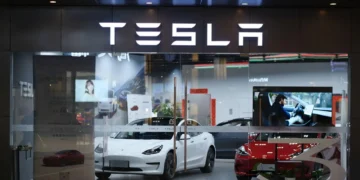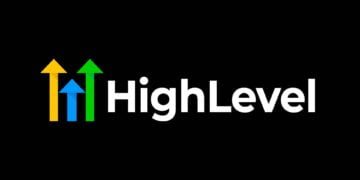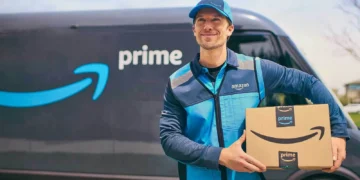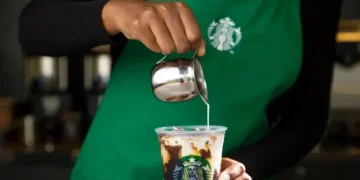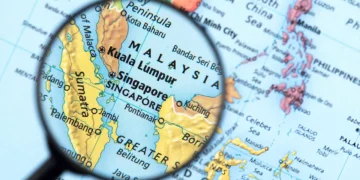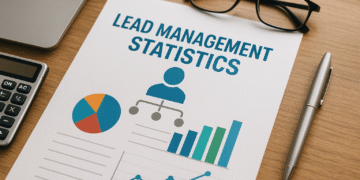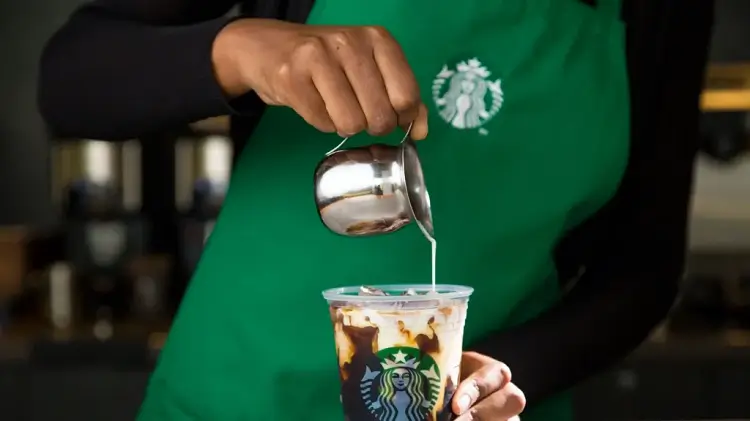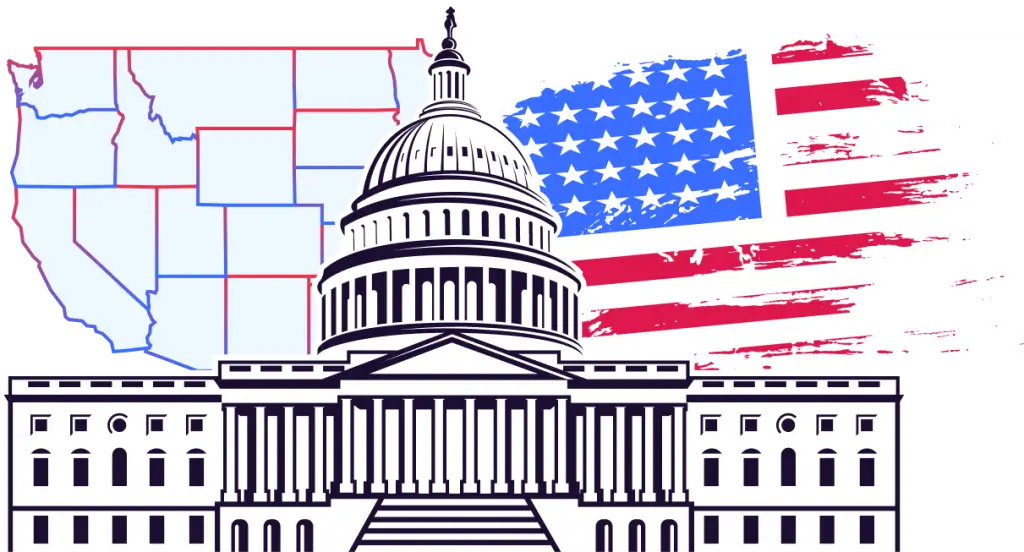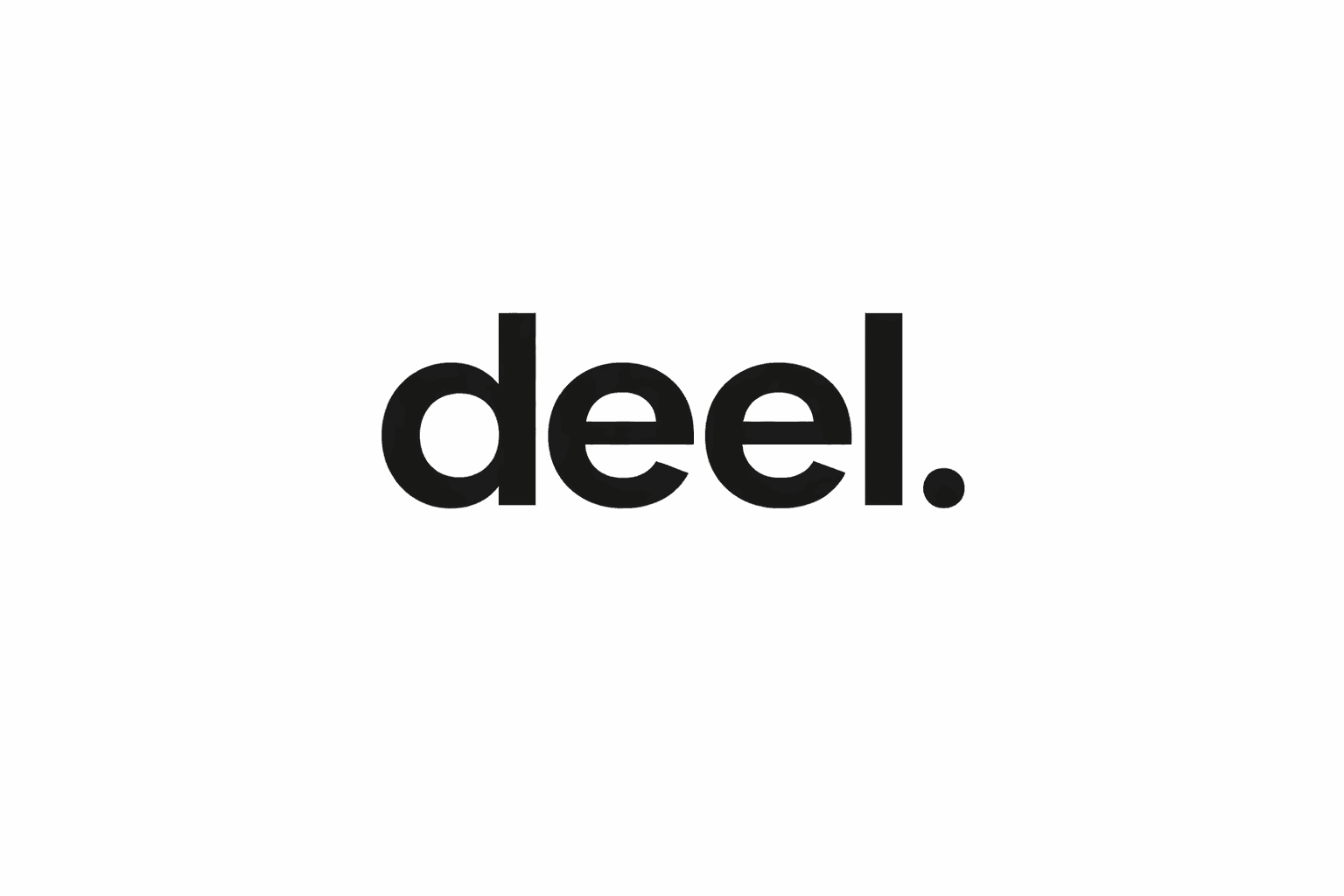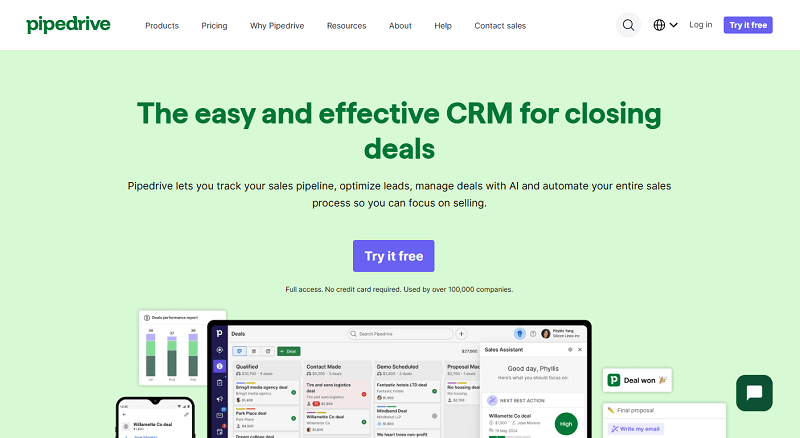Starbucks’ customer relationship management (CRM) strategy is the bedrock of the coffee conglomerate. From its inception, Starbucks has consistently created innovative CRM strategies and programs to reinforce its commitment to customer value.
Founded in 1971, Starbucks operates a chain of coffeehouses and roastery reserves, with headquarters in the United States of America. As of writing, they had 33,833 stores in 80 countries. This article is a Starbucks CRM case study that examines the key strategies behind the company’s growth.
I am concerned about any attrition in customer traffic at Starbucks, but I don’t want to use the economy, commodity prices, or consumer confidence as an excuse. We must maintain a value proposition to our customers as well as differentiate the Starbucks Experience. That is the key.
– Howard Schultz
History of Starbucks Timeline and Facts
Starbucks is founded
Howard Schultz joins Starbucks as director of retail operations and marketing.
Schultz convinces the founders of Starbucks to test the coffeehouse concept
Il Giornale acquires Starbucks
Becomes the first privately owned U.S. company to offer a stock option program that includes part-time employees.
Completes initial public offering (IPO)
Begins selling bottled Frappuccino®
Establishes The Starbucks Foundation
Establishes Starbucks Coffee Trading Company (SCTC) in Lausanne.
Acquires Seattle Coffee Company
Chairman Howard Schultz returns as chief executive officer
Acquires Evolution Fresh
Opens Farmer Supports Centers
First military family stores
Creates Starbucks College Achievement Plan with Arizona State University
Launches Cold Brew iced coffee
Opens store and on-site training center in Queens, N.Y., and Ferguson, Mo
Expands hiring commitment
Opens Starbucks Reserve® Roastery locations in Miland and NewYork
Leadership Experience in Chicago gathers 12,000 store managers and field
leaders to connect with coffee, communities and each another
Starbucks Global Partner Emergency Relief Program is established
Creates the Starbucks Community Resilience Fund
Announces People Positive aspiration
Announced Back to Starbucks Plan
Announced Digital Innovation
Before you proceed, you can get instant, no-obligation CRM quotes. Just answer a few quick questions and we’ll match you with top providers tailored to your business.
4 Ways Starbucks Uses Customer Relationship Management (CRM)
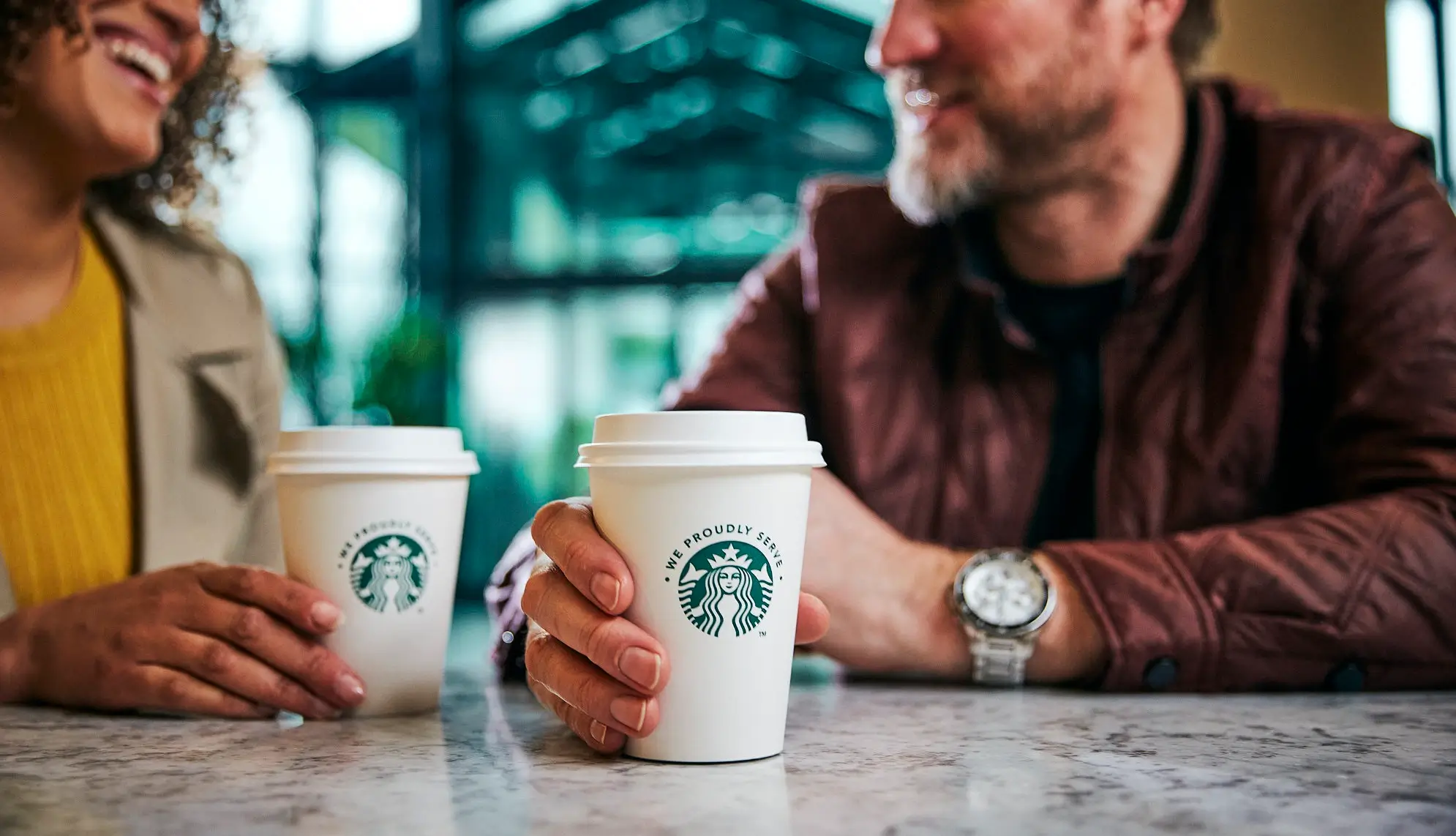
1. Starbucks Loyalty Program
The Starbucks loyalty program is the company’s most significant and effective CRM strategy. This program has supposedly earned Starbucks a spot as the number one loyalty retail brand in the United States.
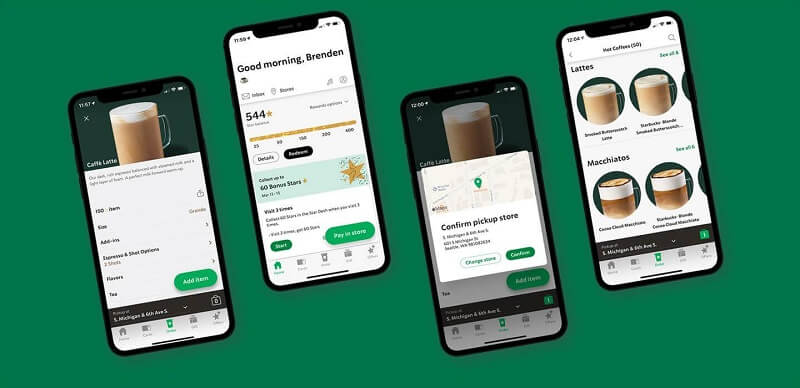
With an estimated active membership of 20 million, the loyalty program is the critical driver of Starbucks’s business growth. In 2019, Starbucks attributed 40% of its total sales to the Rewards Program. And even today, the program continues to deliver phenomenal results for the company.
“The Reward Program continues to be our most important business driver as new members contribute short-term increases in revenue and profit and long-term loyalty for years to come.” – Howard Schultz
Here’s how the program works. It is categorized into three levels – welcome, green, and gold. Users can transition from the welcome stage to the gold stage by increasing their purchase frequency, which earns them “stars”. The stars can be redeemed at any of their store locations for free food, drinks, and much more.
Besides the program’s free refills, it enables users to qualify for the Birthday Reward. Customers now shop at Starbucks for fun, not just to satisfy their immediate food or drink needs. Starbucks enjoys customer loyalty, retention, and revenue growth due to its innovative CRM strategy.
2. My Starbucks Idea
Launched in 2008 by Howard Schultz, the My Starbucks Idea aimed to put the customer at the center of their CRM strategy. It was Starbucks’ way of telling their customers that their ideas matter and are valuable.
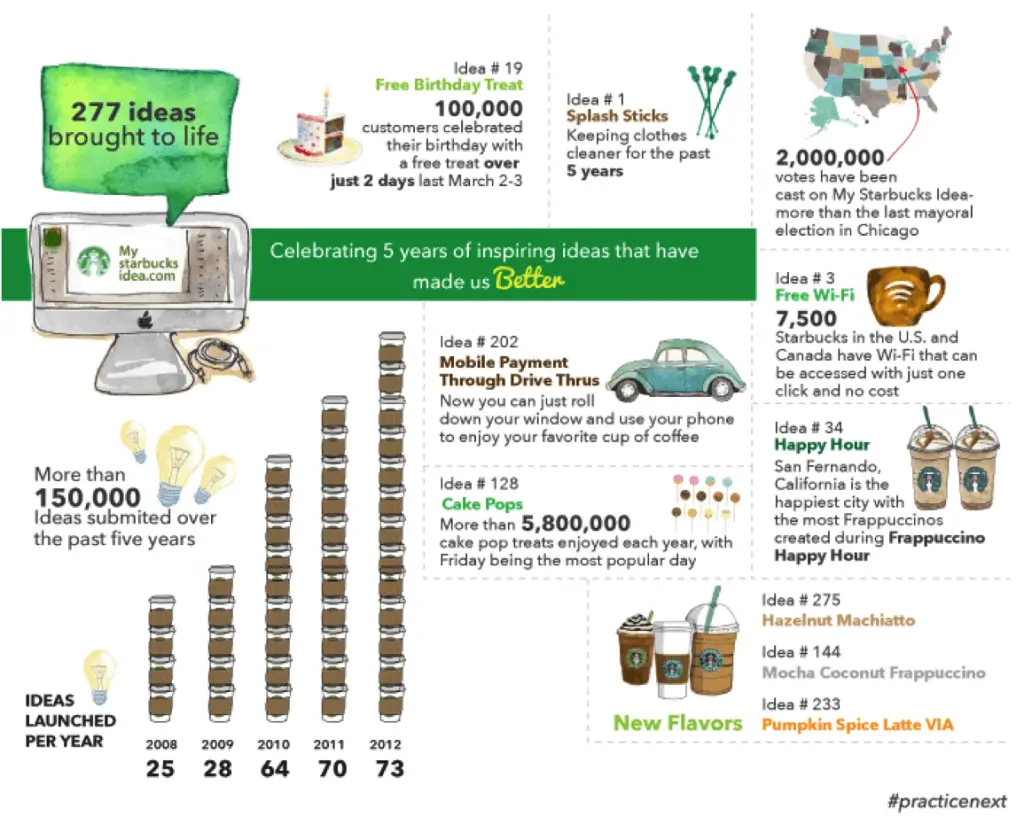
A dedicated website page was created for the My Starbucks Idea initiative, which allows users to view and submit their ideas. Basically, the website has three main functionalities enabling users to submit a new idea, view other customers’ ideas, and see the implemented ideas.
Starbucks created an idea validation panel that validates all submitted ideas for the vital ones to implement. Also, it is with noting that the My Starbucks Idea was a wildly successful initiative. At the end of it, tons of ideas were captured, and the most potent ones were implemented. Here are some stats from the program:
• More than 150,000 ideas were generated
• About 277 of those ideas were implemented
• Cake Pops, Hazelnut Macchiato, and Free Wi-Fi are a few of the ideas that were borne out of this initiative.
3. Cansona Software
One of the most frequently asked questions about Starbucks is: What CRM does Starbucks use?
As of writing, Starbucks uses Cansona CRM software – an enterprise-grade business software system. This platform allows Starbucks to create and maintain its customer database, curate and collates customer data, and personalize customer experiences.
Since Cansona is an enterprise system, it might not be entirely convenient for small or medium-scale businesses. Therefore I will recommend the following:
- Pipedrive – If you’re big on sales and pipelines
- Salesmate – If you’re a coach, consultant, or trainer
- Zoho – If you’re looking for a CRM that is both affordable and efficient
- Salesforce – If you’re looking for an enterprise-grade CRM like Cansona System
The Best Overall
Pipedrive
A sales-focused CRM that leverages AI to automate sales, lead & demand generation.
Best Budget Choice
Freshsales
Freshsales automates your sales process, and helps drives sustainable business growth.
Best for Workflows
Zendesk
Customize your workflows to track all aspects of the sales cycle, from lead gen to post-sale support.
Conclusions
Starbucks has indirectly created a CRM strategy playbook for customer loyalty. The core secrets of their age-long growth and customer allegiance have been summarised in this article.
Pick a few or all and run with them. Additionally, replicating their strategies is optional. You need to be creative with them. Once more, I recommend Pipedrive CRM, Salesmate, Salesforce, and Zoho CRM. Check and try them out. It’s a shortcut to replicating some of the strategies listed here.
Frequently Asked Questions
Starbucks’ CRM strategy focuses on leveraging technology to create personalized customer experiences. This includes the Starbucks Rewards program, mobile app integration, and the use of AI and data analytics to tailor promotions and offers to individual customer preferences.
Starbucks personalizes the customer experience through its mobile app and AI-driven insights. The app uses customer data to recommend drinks based on past purchases and preferences. AI-powered chatbots provide personalized assistance, while targeted marketing messages are crafted from analyzing customer behavior and preferences.
Starbucks uses AI to analyze customer data and provide personalized recommendations. The mobile app uses AI to suggest drinks based on a customer’s purchase history and preferences. AI-powered chatbots also offer personalized customer service, making recommendations and answering queries.







